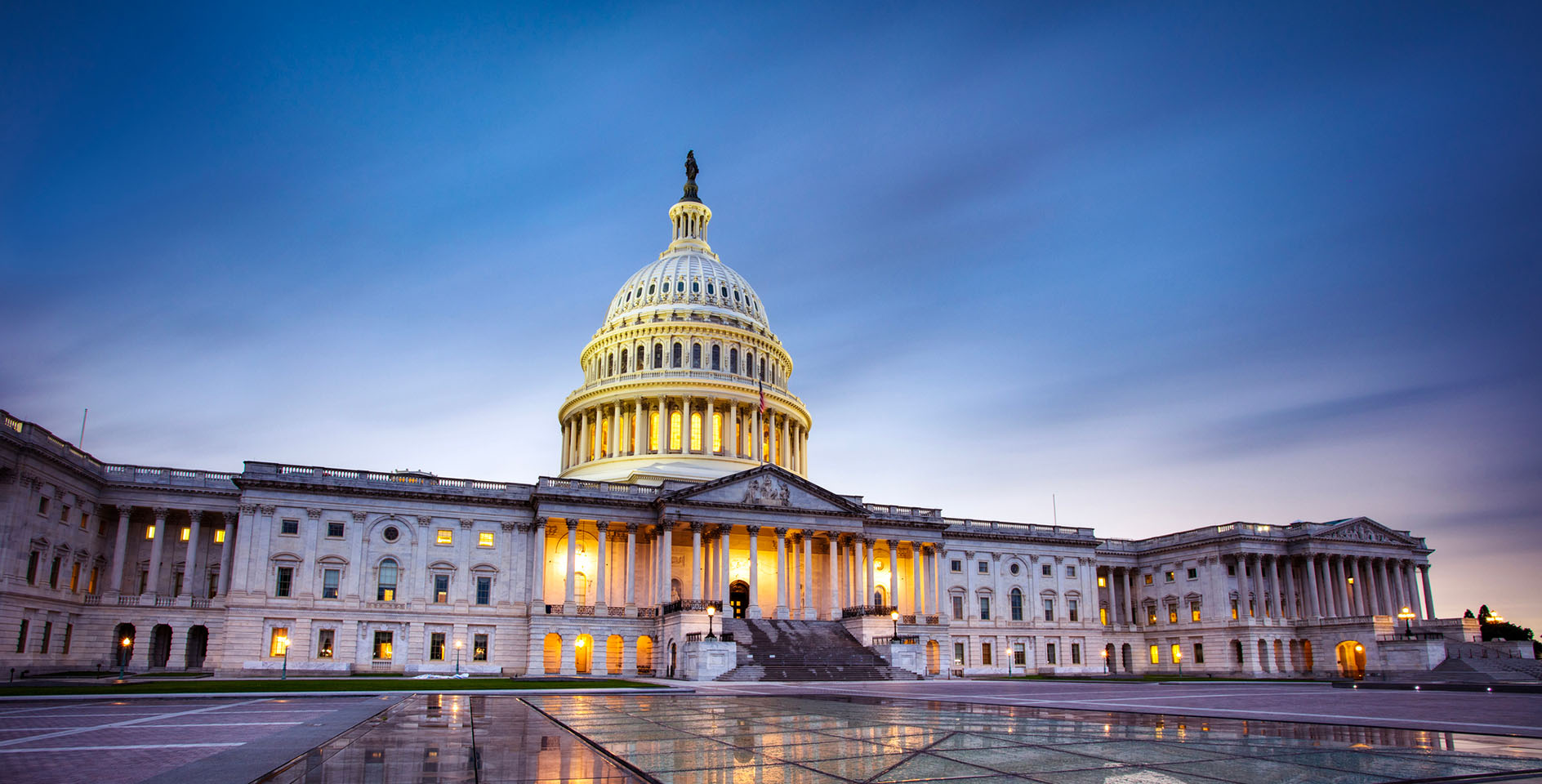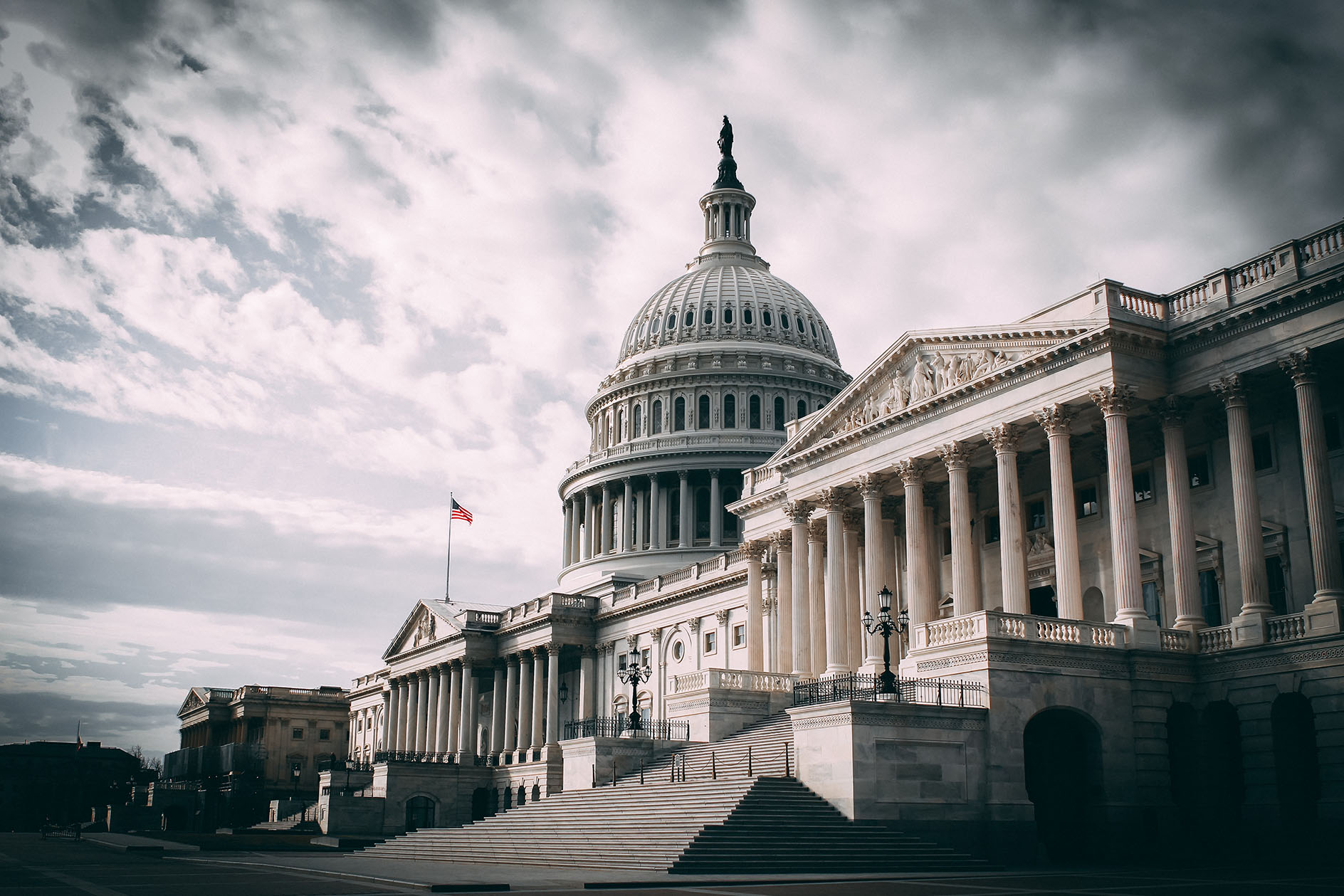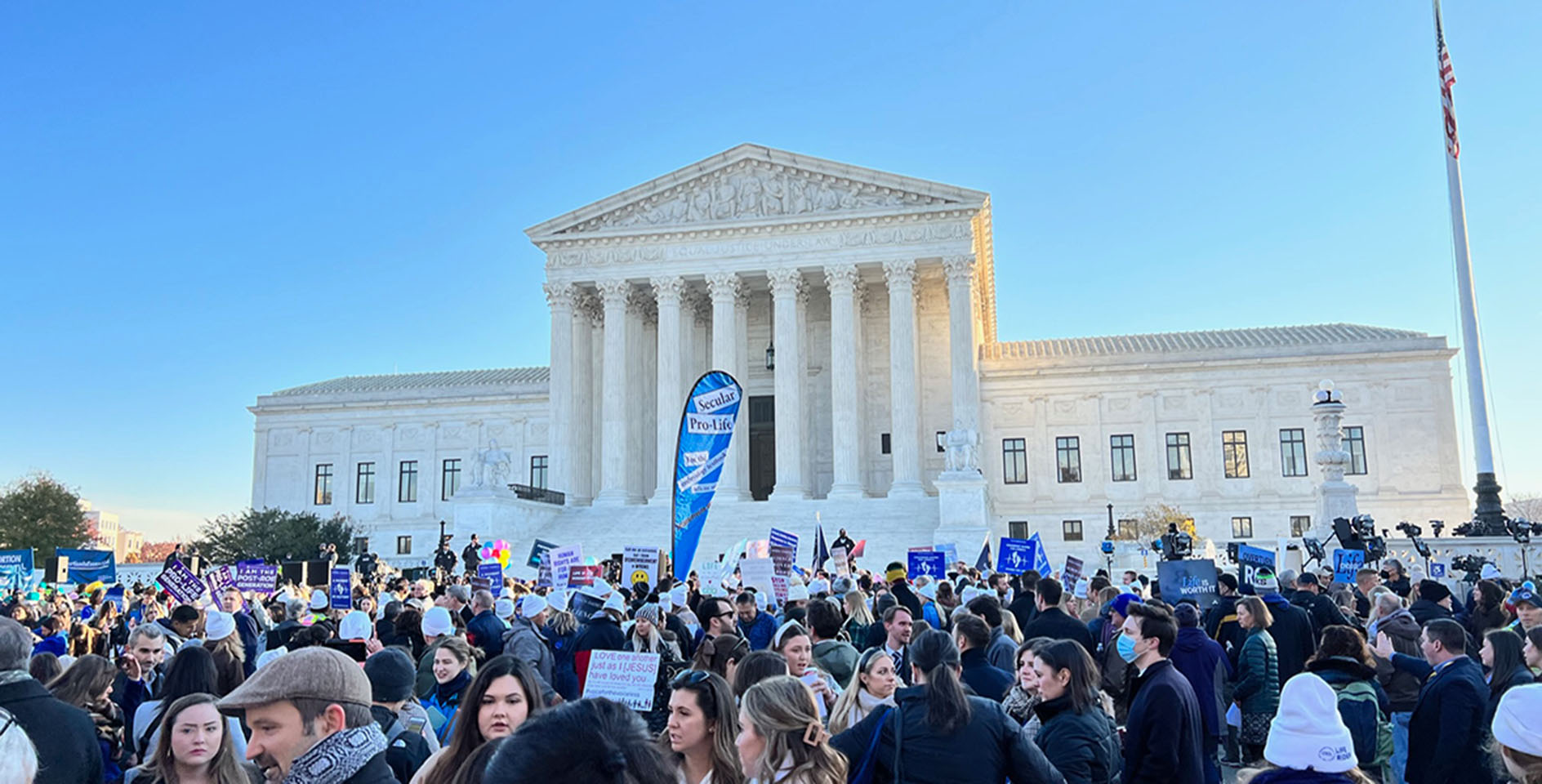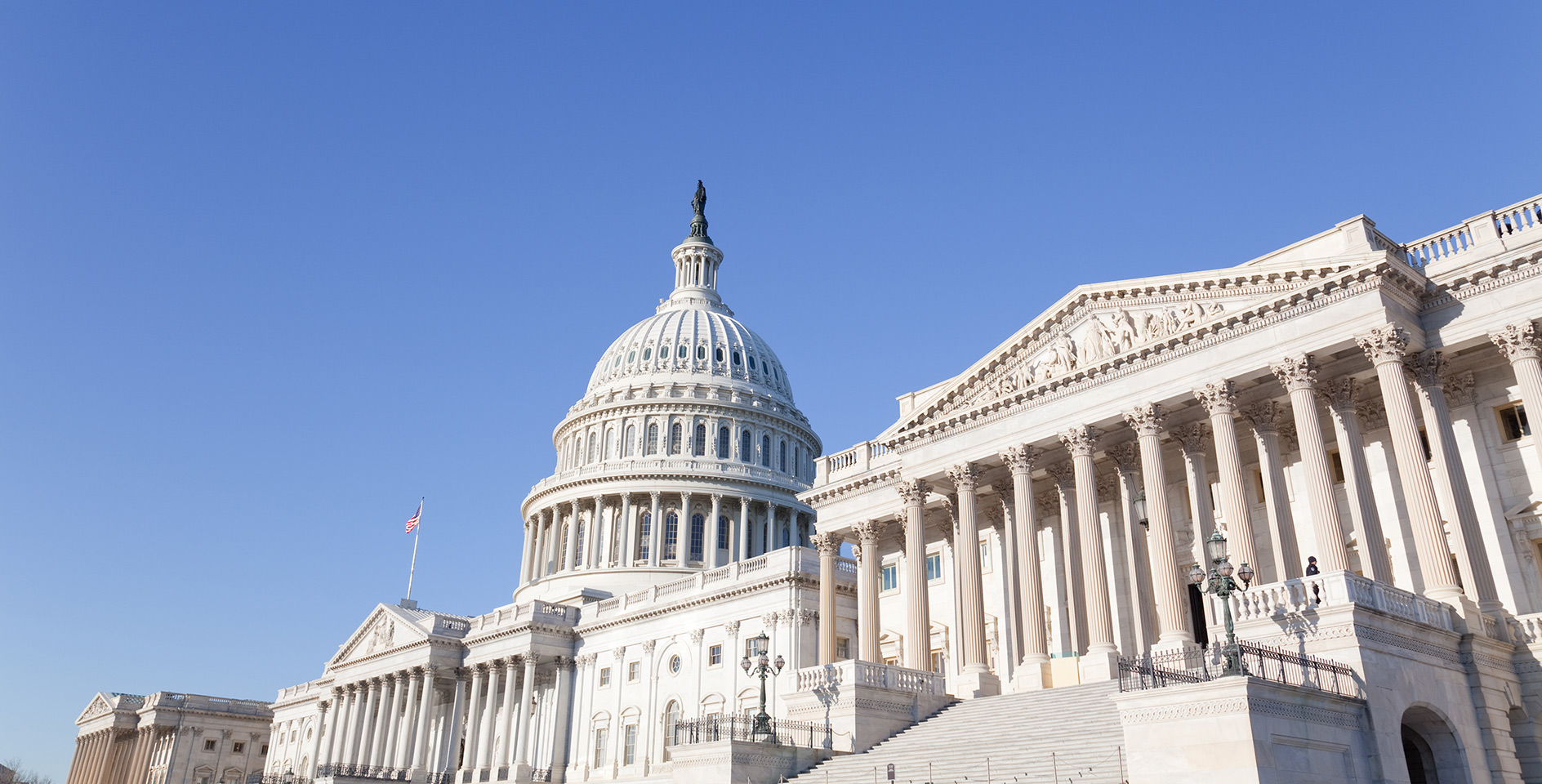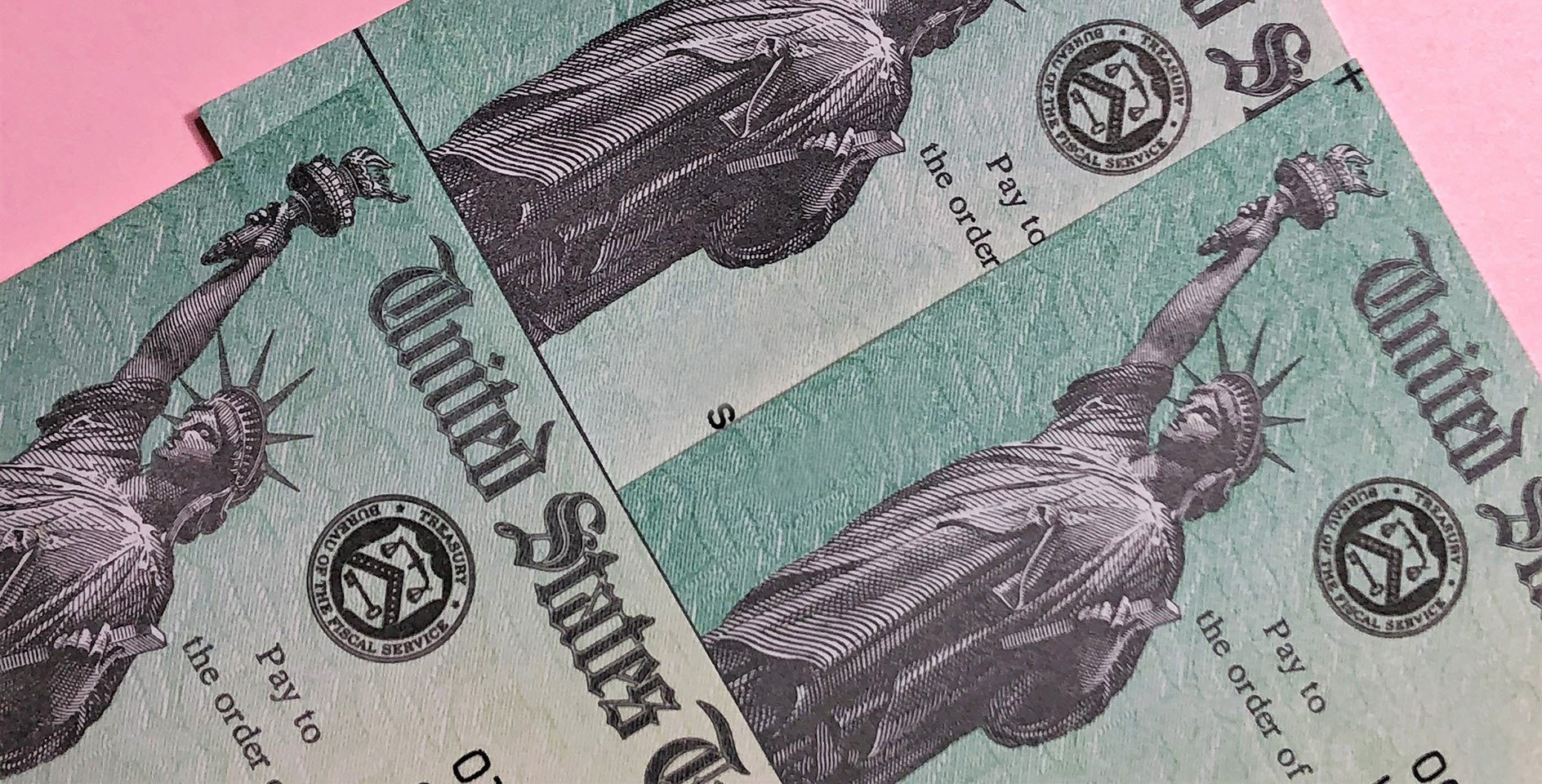What just happened?
As part of the economic response to the COVID-19 crisis, Congress passed the Coronavirus Aid, Relief, and Economic Security (CARES) Act, which made it possible for some small businesses, nonprofits, and houses of worship to qualify for a portion of the $367 billion in Small Business Administration (SBA) loan guarantees and subsidies, known as the Paycheck Protection Program (PPP).
More than three dozen Planned Parenthood affiliates across the country also took advantage of the program, receiving more than $80 million in forgivable loans. The Small Business Administration, Congressional Republican, and pro-life leaders are calling on the abortion provider to return the money.
“At a time when all of us are concerned about protecting lives and livelihoods,” said ERLC president Russell Moore, “it is maddening to see, once more, that nothing—not even a global pandemic—will keep Planned Parenthood from pursuing death."
The federal government is "rightfully requesting" the return of the loans, added Moore, “We must remain focused on defeating this virus and saving lives. Planned Parenthood's actions show it is not interested in the former because it has never cared about the latter.”
Isn’t it illegal for taxpayer dollars to fund abortion?
For the past 40 years, government health programs like Medicaid have been prevented from paying for abortions because of the Hyde Amendment. The amendment is not a permanent law, but merely a set of amendments attached each year as a temporary “rider” to the Congressional appropriations bill for the Department of Health and Human Services (HHS). (The Hyde Amendment is named after Henry Hyde, a Republican Congressman and who served Illinois’ 6th District from 1975–2006.) The Hyde Amendment prohibits federal funds from being expended for abortion or health coverage that includes coverage of abortion.
Courts have held that the Hyde Amendment must be individually attached to a funding stream in order for those funds to be protected by the Hyde Amendment. In some cases, the Hyde Amendment is not attached to the funding appropriations because the program could not be used for health care spending The PPP is one such program. SBA loans are normally merely guaranteed by the federal government. But the SBA loans under the PPP are forgivable, which means that under certain conditions they do not have to be paid back.
Because the PPP loans are not “Hyde protected,” the prohibition against abortion funding doesn’t apply.
What is the argument that Planned Parenthood should not be eligible for the funding?
The way Planned Parenthood is excluded from PPP is through the minimum size standard and SBA affiliation rules. Only entities with fewer than 500 employees and that aren’t affiliated with other entities are eligible for the program. Based on SBA's affiliation rules, all Planned Parenthood affiliates are considered a single entity even though they function like franchises.
A group of Congressional Republicans—19 senators and 75 representatives—sent a letter to the SBA detailing how Planned Parenthood violated these rules. In the letter they point out that Planned Parenthood Federation of America (PPFA) makes no attempt to hide its control over its affiliates nationwide. PPFA refers to its affiliates as “local offices” despite being separately incorporated. PPFA defines itself as including 55 affiliates, “which along with PPFA directors collectively constitute PPFA’s membership.” Planned Parenthood affiliates “in turn control 110 ancillary entities.”
Even Planned Parenthood once recognized they were not eligible for PPP loans. On March 25, Planned Parenthood Action—the lobbying arm of the organization—issued a statement noting that the CARES Act “gives the Small Business Administration broad discretion to exclude Planned Parenthood affiliates . . . and deny them benefits under the new small business loan program.”
Will Planned Parenthood be forced to return the funds?
The SBA has reportedly sent letters to several Planned Parenthood affiliates saying that the clinics are “ineligible for a Paycheck Protection Program loan under the applicable affiliation rules and size standards, consistent with Congressional intent, and that the loan you have received should be returned.”
According to the letters, the SBA "will conduct an investigation" if Planned Parenthood disputes the findings "to assess PPD’s eligibility for a Paycheck Protection Program loan and the basis for PPD’s eligibility certification." According to CNN, the agency also requested documents certifying certification within 10 days of receiving the letter, noting that SBA may refer borrowers found to have knowingly made false certifications “for appropriate civil and criminal penalties.”
Planned Parenthood Federation of America has called the letters a “political attack” but have not said whether they will encourage their affiliates to return the funds.




